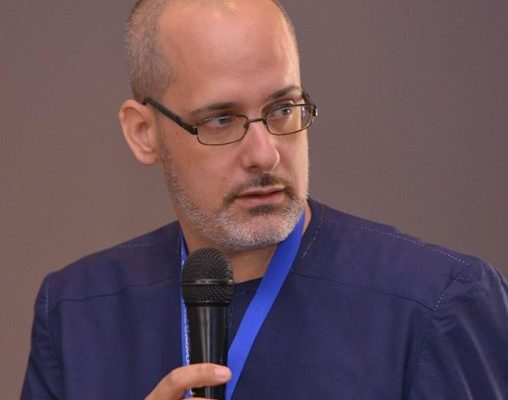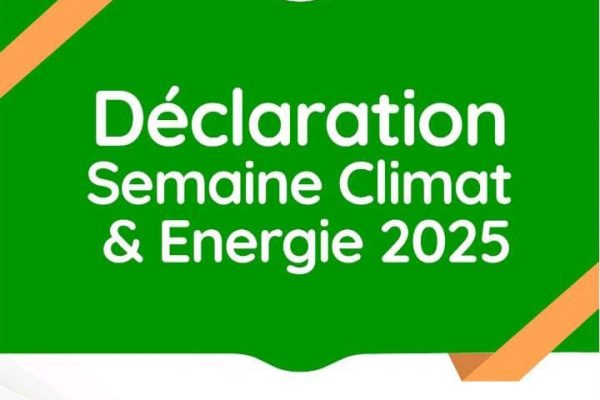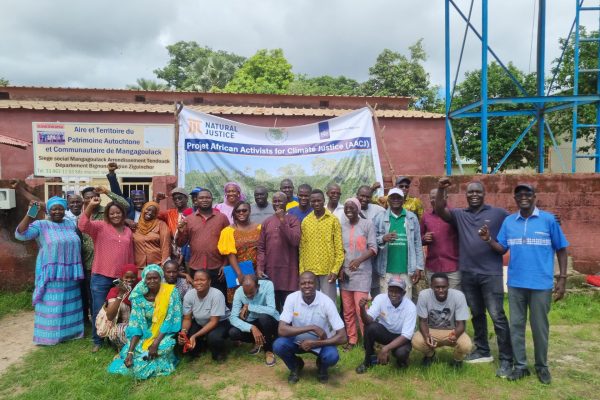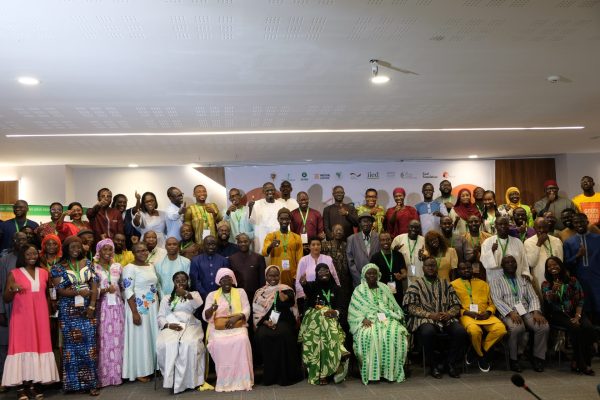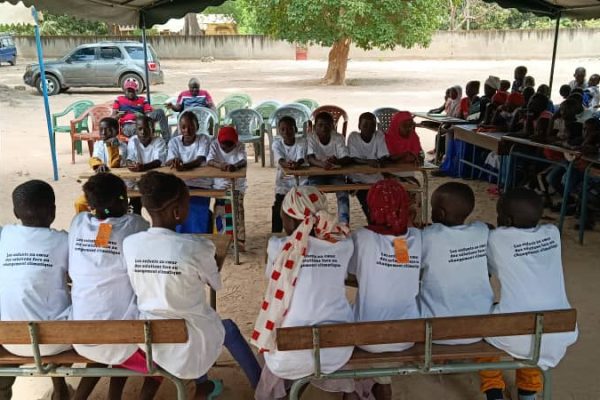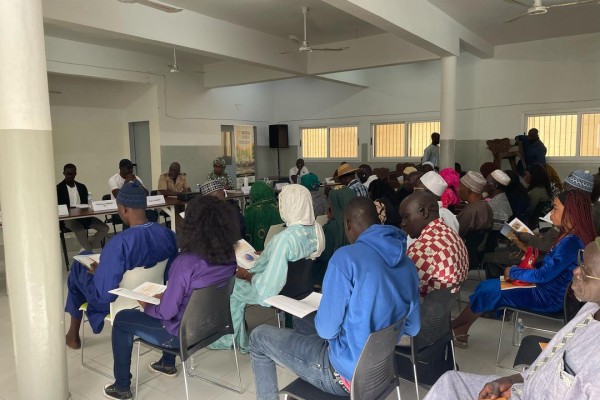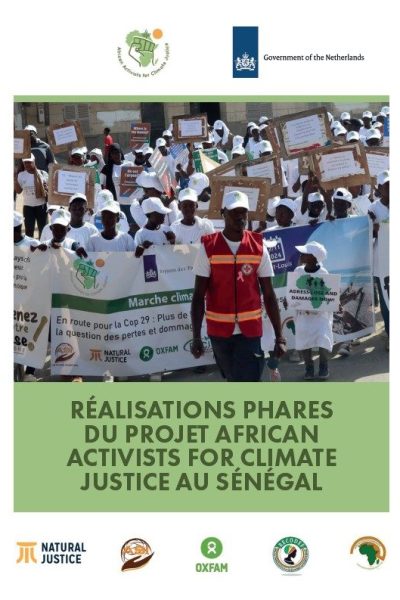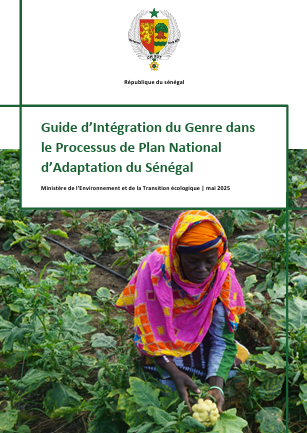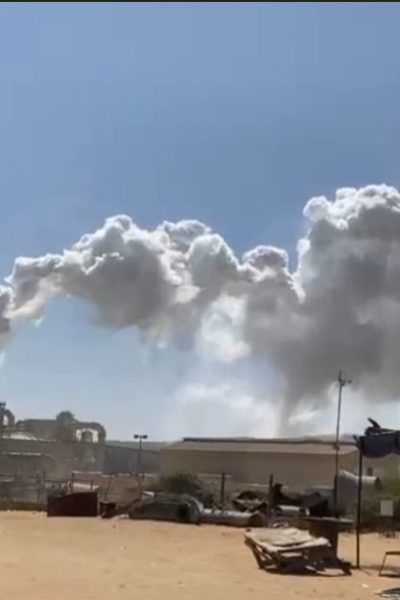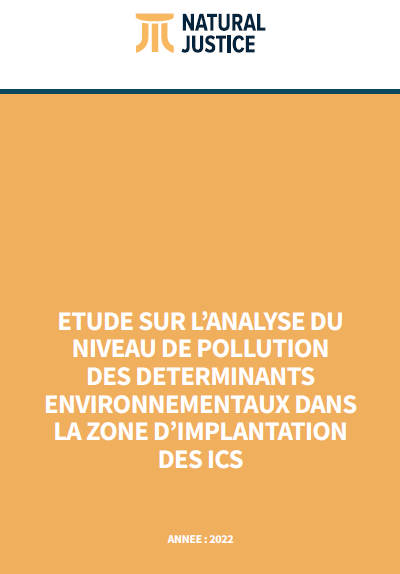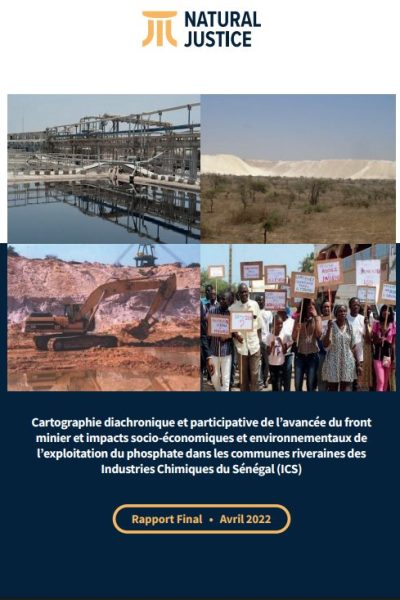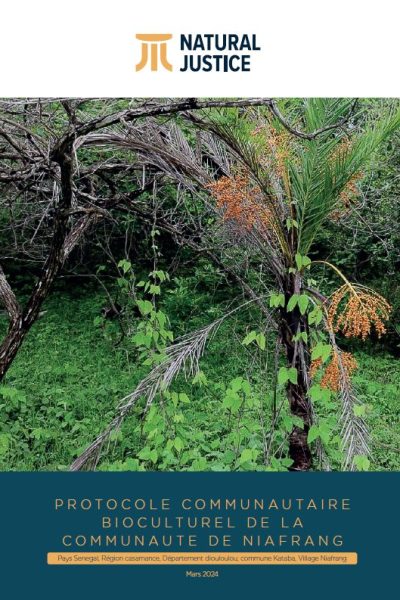Located in the extreme west of the African continent, Senegal lies along the Atlantic Ocean, with 718 km of coastline from Saint Louis to Kafountine. Senegal’s agriculture industry occupies about 70% of the country’s working population, while in the coastal south, 40% of the population depend on fishing for their livelihoods.
Climate scientists project that saltwater intrusion from rising sea levels will lead to a significant reduction in fish stocks for all West African coastal countries, where fishing is vital to economic stability and subsistence. Other projections include desertification, coastal erosion and decreases in rainfall, leading to crop failures and food shortages in agricultural areas.
Economic policies to encourage foreign direct investment have been prioritized over environmental and social policy responses that centre wellbeing of people and the environment. This Foreign Direct Investment has meant that mining, oil and gas exploration, and big agriculture have increased the pressure on the environment, undermined the rights of communities, and exacerbated Senegal’s vulnerability to climate change, environmental degradation, negatively impacting citizens human rights and wellbeing, particularly among poor and marginalized communities.
To support communities in asserting and defending their rights, Natural Justice has developed programmes that influence national environmental policy development and regulation, as well as community projects that contribute to the legal empowerment of local people living in five communities (Bargny, Cayar, Mboro, Casamance and Delta du Saloum) within Senegal’s coastal zone.
Aims
Our work in Senegal aims to:
- Strengthen the legal capacity of vulnerable communities.
- Amplify the value of conservation strategies developed by local communities.
- Advocate for sustainable governance of land and natural resources.
- Make recommendations for improving environmental policy and regulation.


